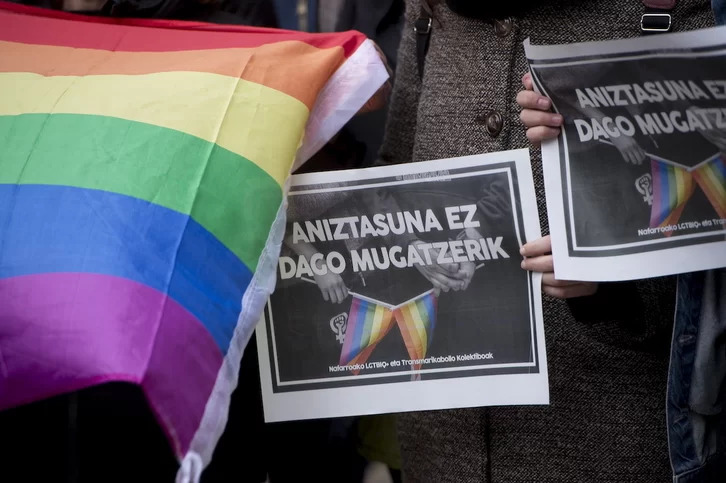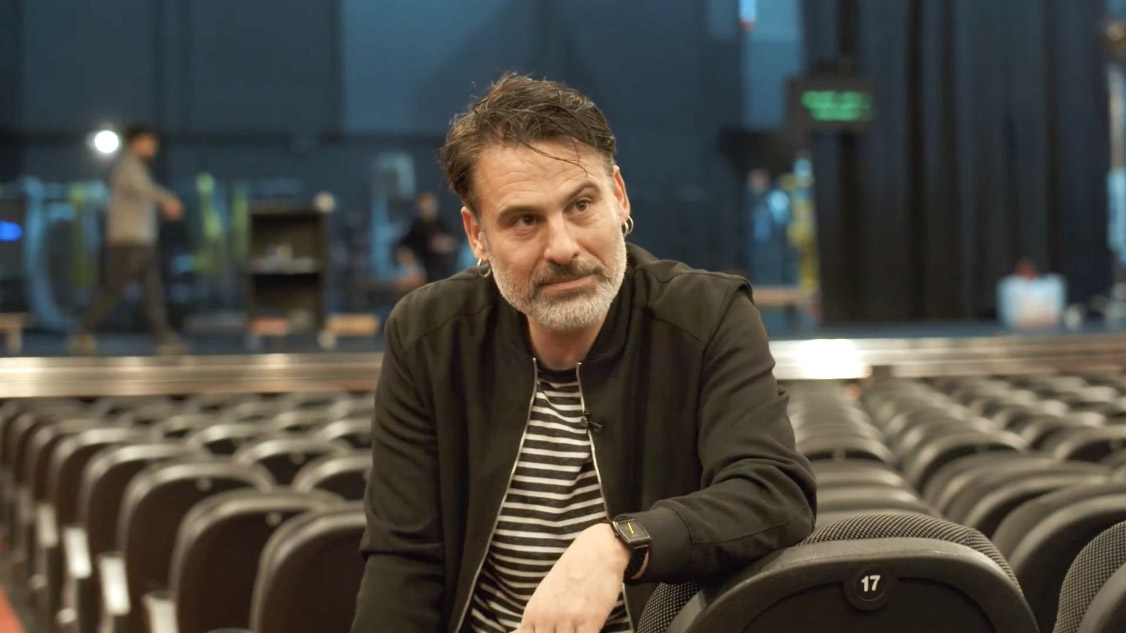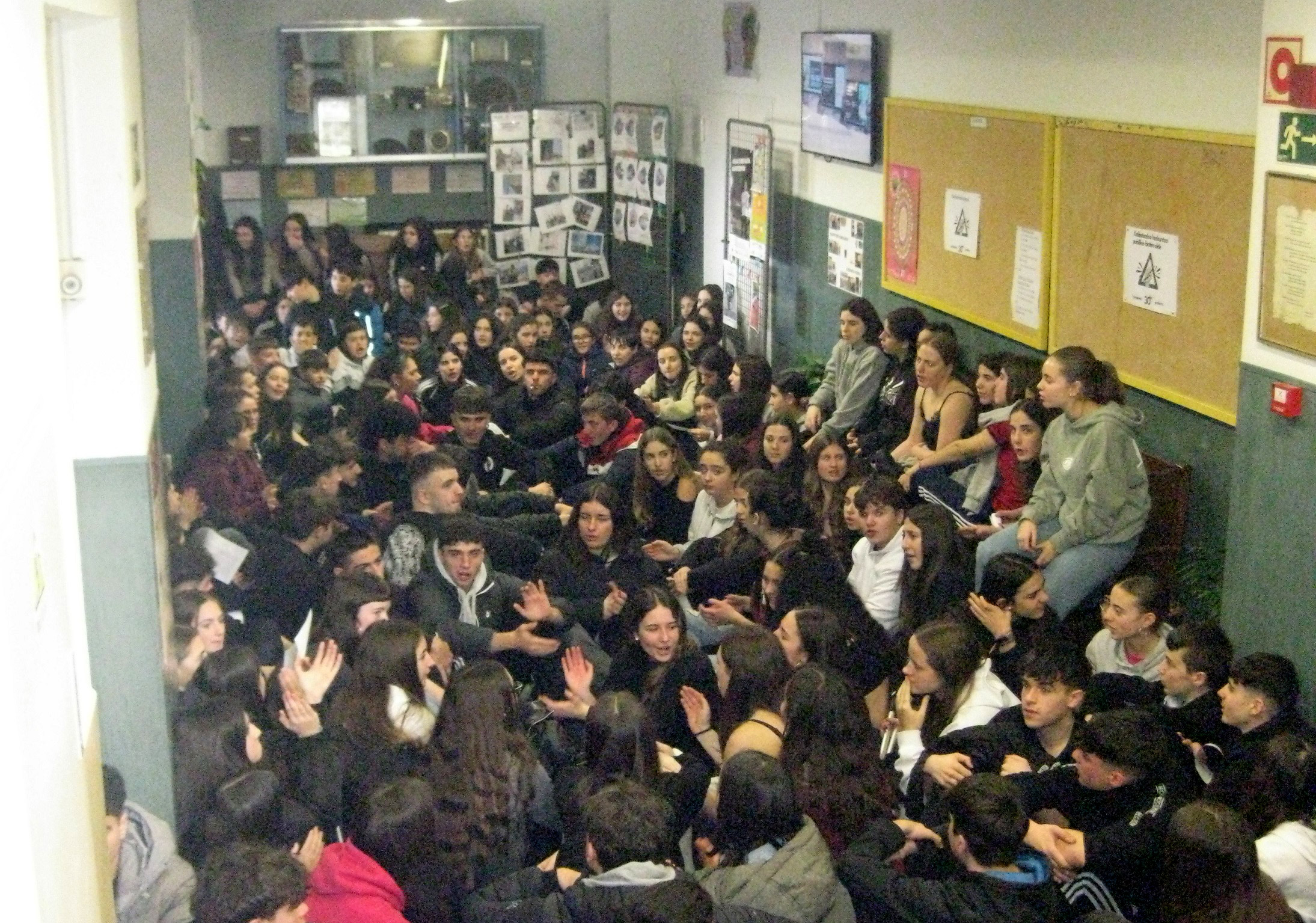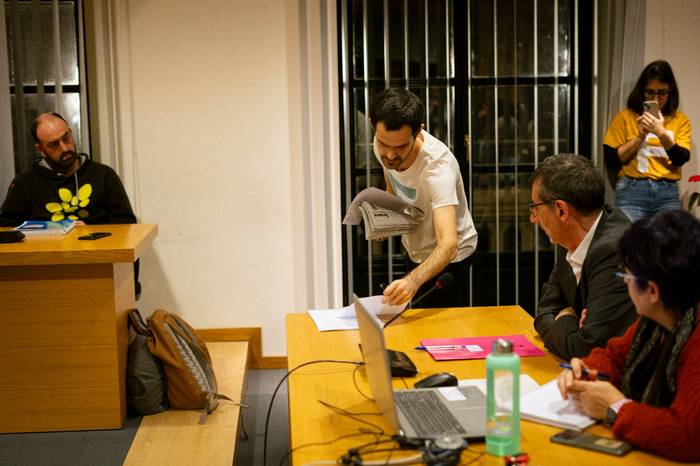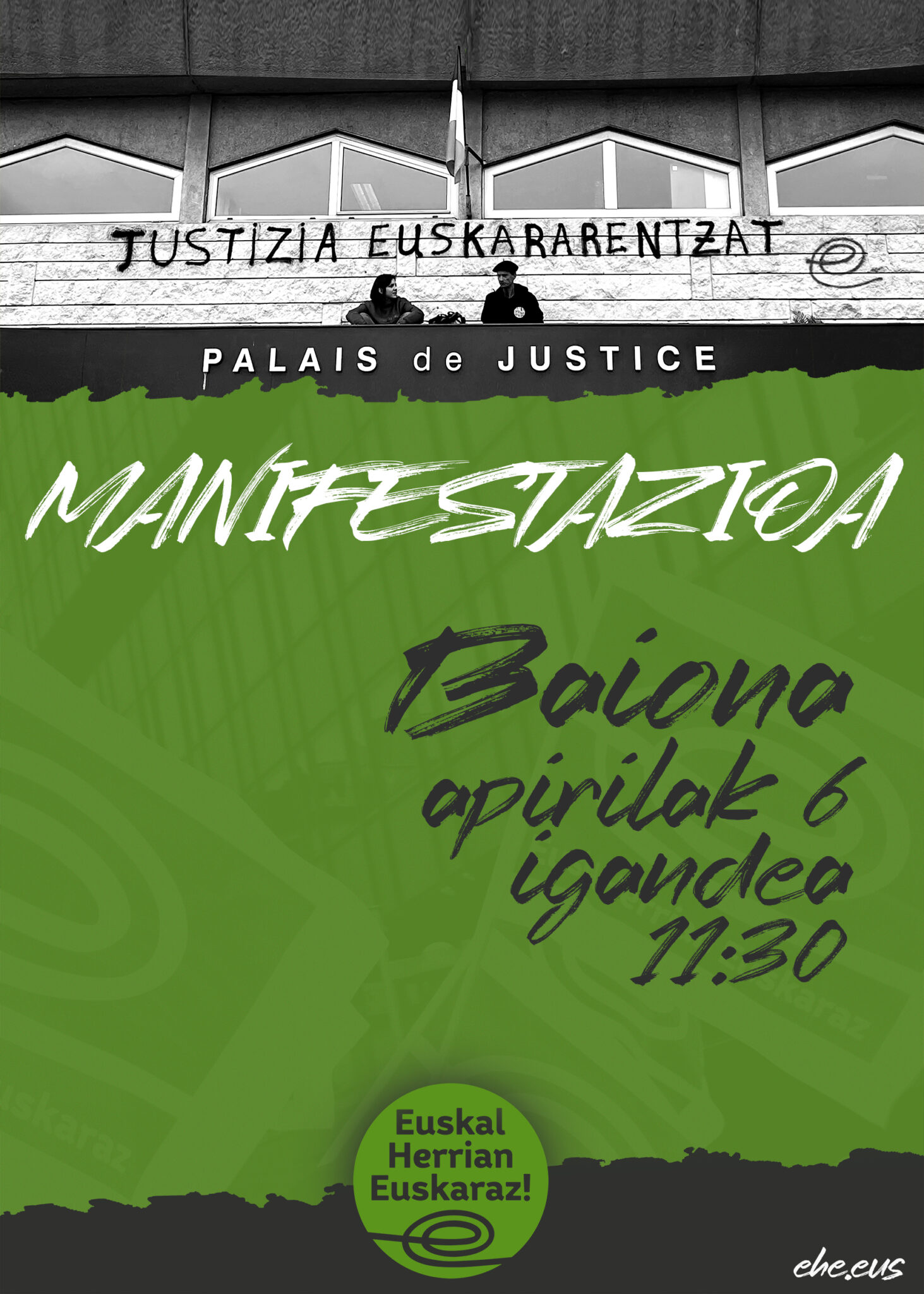Economic links
- The holidays this summer of 2011 have not alleviated the concern that has become something of everyday life: the crisis. The pain of knowing what is happening with the economy becomes a necessity: we want to know what risk premiums, rating agencies or financial markets are, why they are so decisive and how they will influence our domestic economies. We know that the economic situation is staggering, but we do not know the specific reasons.
We don't understand the reason for the threat. What have the citizens – the workers, the consumers – done (wrong) to get to this situation? We hear the dark and contradictory messages that the media sends us, and we strive to interpret the warnings that come to our eyes. We seek information, but often the crisis hits us without time to get answers.
This summer of 2011 I have been translating into the Basque Country the Manifeste d’économistes atterrés (Manifeste d’économistes atterrés). It has not been a work of translation into use: the theme, the crisis, directly influences (in most cases for evil) the lives of many people, so, besides understanding and translating the text, the content must be interpreted and contrasted with the economic reality that is growing. Starting with the title: the French term Atterrés has a very varied meaning that includes horror, excitement and indignation. But, in my opinion, French economists, above all, have written the manifesto in a disconcerted manner in September 2010. They were surprised that the European economic and political powers continued to implement policies that pushed us into the crisis as a way out of the crisis. Many of us have also been surprised this summer of 2011, because they tell us about the same measures as in the 1980s, to deal with this crisis generated by the financial markets, to emerge from the industrial crisis: falls in wages, facilities to lay off workers, cuts in social, educational and health spending...
The economists who face these proposals in the manifesto believe that to get out of the crisis it is necessary to promote the well-being of people, because to get out of the crisis, the public social spending that the economic powers seek to cut not only strengthens the economy, but also worsens the living conditions of people. These economists say that we citizens must make decisions about the economy through a public debate on solutions.
In order to debate, however, we have to understand what the issue is. One of the objectives of the Manifesto is to give words and concepts to the doubts of the citizens, so that we realize that there are other solutions. The idea seems appropriate that these compact and abstract words and concepts that informative people transmit to us, disguised as lines, have been created by an economic system that increasingly presses society and that, under the shelter of economic science, supports this system. Those of us who suffer the burden of imbalances caused by the system have the right and the need to know how the system works and to understand the words that underpin it. But we have to be aware that in times of crisis (and above all because of crises) they are also words and concepts of those who are able to make profits, and that is why they are sometimes so difficult to understand. And whether you understand it or not, we're all able to say and decide something, because we all know how to distinguish the right behaviors from unfair situations.












